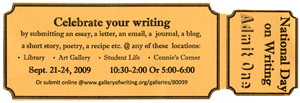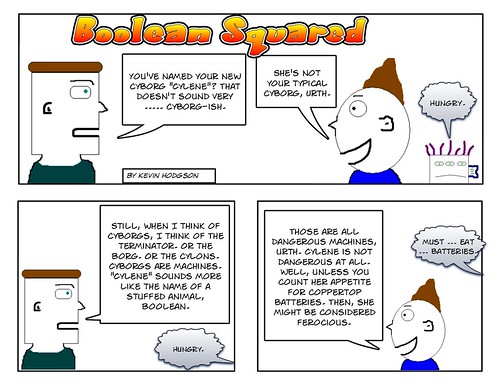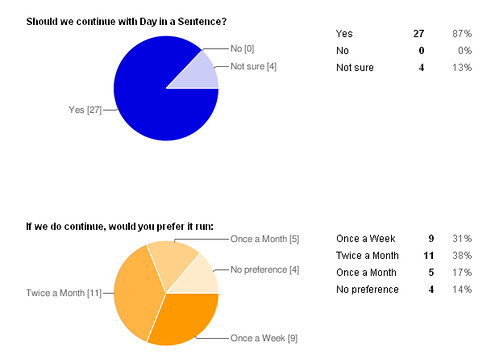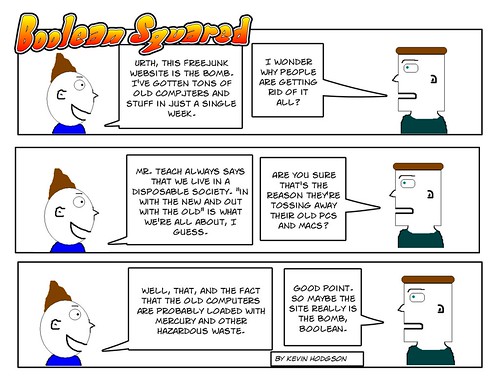
I’ve written about the upcoming National Day on Writing which is being sponsored by the National Council of Teachers of English (and supported by my own National Writing Project) but it is coming up soon and I want to keep getting the word out about the event. (see the flier)
Here is how NCTE describes it:
Writing is a daily practice for millions of Americans. But few notice how integral writing has become to daily life in the 21st century.To draw attention to the remarkable variety of writing we engage in and help make writers from all walks of life aware of their craft, NCTE has established October 20, 2009, as the National Day on Writing. To celebrate composition in all its forms, we are inviting diverse participants –students, teachers, parents, grandparents, service and industrial workers, managers, business owners, legislators, retirees, and many more — to submit a piece of writing to the National Gallery of Writing.
The National Gallery is shaping up to be an interesting site where hopefully all sorts of writing will be posted and perused and show the power of our writing as a nation.
So, as part of the new venture that Bonnie and I are helping to foster — an online social space for National Writing Project teachers, mostly in the New England/New York areas which we call the iAnthology (and which now has more than 100 members) — we have created our own gallery for the National Day on Writing and are going to be trying to urge folks in our network to consider publishing some of the pieces they are developing.
It occurs to me, though, that I would love to find a way to get my students involved and I need to sort through the various release forms and think about what that would be. I know one person has set up a gallery designed specifically for graphic stories and comics, so that may be an option for us to consider (if I can get that far with my students).
And you can set up a Gallery, too, or at consider posting some of your own writing, or your students’ writing. Let’s celebrate our love of writing and show its power as a nation.
CAVEAT: I wonder how many pieces will be posted that in a multimedia format (podcasts, videos, etc.)
I do love this powerful statement from NCTE:
NCTE members value writing as a tool for learning and live the importance of writing daily.
Peace (in the sharing),
Kevin







